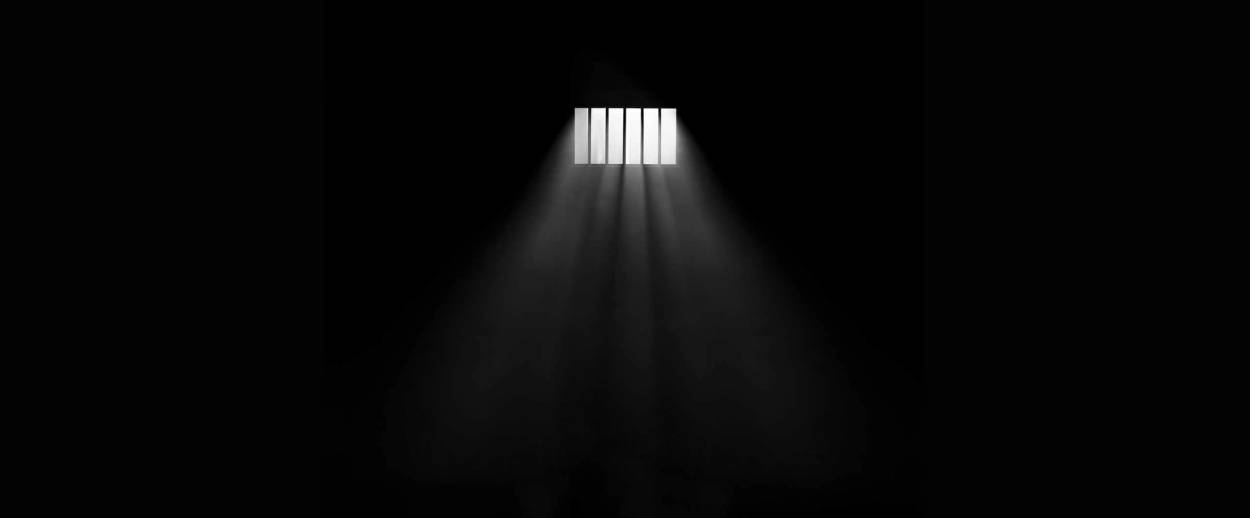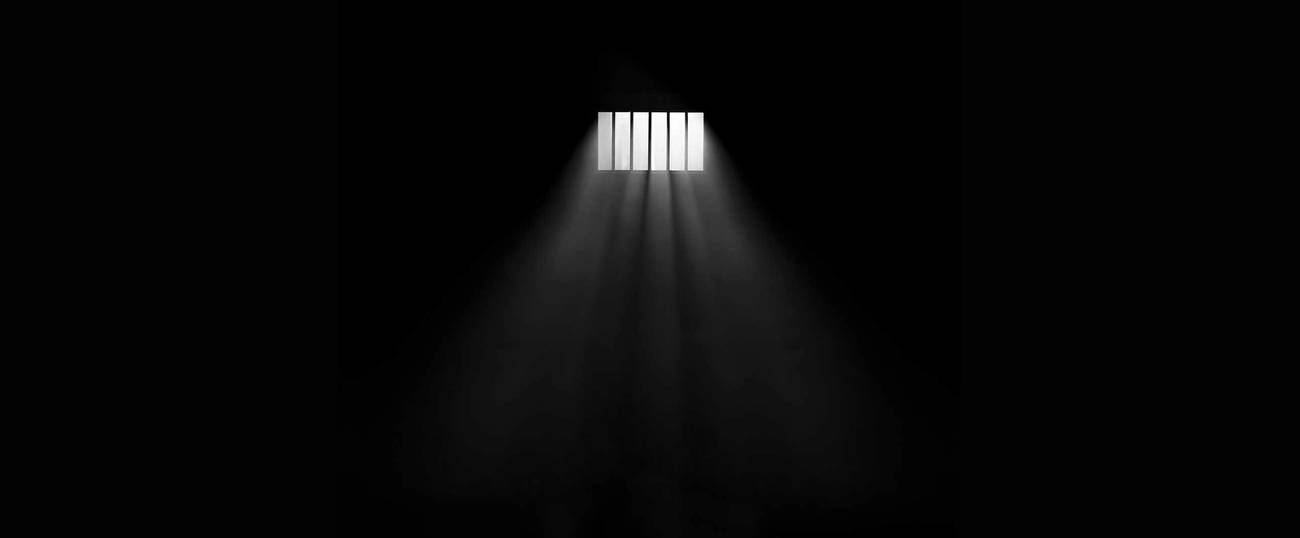Arthur Koestler’s Stunning Portrait of the Criminal Inside Us All
Bookworm: 35 years after the author’s death this month, his timeless classic ‘Darkness at Noon’ still reverberates from inside its tiny prison cell




Show me a writer who can describe the world and the human mind like Arthur Koestler and I will show you someone who is playing with a handicap. For this Hungarian-born British novelist, there are no sweeping canyons, no dry breezes, no sensuous breaths flittering out from the lips of a beautiful woman, no twilight beams refracting off the cobblestone streets, no shifty eyes betraying a greater truth. In his 1940 novel Darkness at Noon, the story of a political prisoner, Rubashov, and his final days in solitary, Koestler brings to life a whole world and the searching mind of a narrator from a tiny cell just six paces wide. Long after putting down this book, I can still hear the pitter-patter echoes of Rubashov’s footsteps, idle but frantic, worn out but restless, going back and forth in his cell.
If you’d have told me that 90 percent of the novel would take place in this cell, I’d have thought it a clever little gimmick, but one sure to annoy by page 30 or so. But that is not the case in Darkness at Noon. No book has ever needed so urgently to take place from within a single room; it could not have existed anywhere else. Koestler didn’t do this to see if he could—to flex his skill—nor did he resort to stream of consciousness, much like you’d expect from a plot that is essentially one drawn-out monologue. It’s a tight narrative. It’s gripping, and you can’t put it down.
It begins on the night of Rubashov’s arrest. Once a prominent party member, Rubashov finds himself at the wrong end of the political tactics to which he had all-too-often subjected others: imprisonment, betrayal, interrogation, torture, and certain death. And though there is a sort of anguished panic, beneath it all is a certain embrace of tragedy—something Rubashov calls a “serene nonchalance … an unexpected gift of mercy.” Lamenting his condition, Rubashov knows all too well what is going on. He has heard this song before.
Early on he befriends a prisoner in a neighboring cell by tapping in a coded alphabet against the wall. He antagonizes his captors in the manner of a person who knows how little effect good behavior will have. The novel is bursting with political and historical context, teased out with such subtlety that they do not overpower the story—something Koestler must have done purpose to prevent this book from becoming an allegory.
In the hands of a skilled writer, description goes from being a thing that adds color to a text and becomes its own art form. Koestler doesn’t just tell you what the world looks like, but how everything feels and what its true nature really is, all in a way that is both precise and speculative. When he first begins tapping out messages to his neighbor, Rubashov dreams up different faces for his neighbor based on the political tilt of his responses. His mustache, his habits, his desperate letters home, which will never actually leave the prison. He almost even begins to hear his neighbor’s tone of voice expressed in the tapping. In one scene Rubashov looks through the eyehole of his cell door and studies the hallway as breakfast is served to the people in other cells—a moment described with such urgency that the opening and closing of doors and the distribution of bread is actually exciting. In the moments just before breakfast is served, as he hears the jangle of a warden’s keys, Rubashov anticipates the sound of tortured screaming of his neighbors, only to be pleasantly surprised to learn it is the hour when prisoners are fed, not tortured.
In a flashback, Koestler describes the panic a young man feels, the gut-shaking horror and total bodily breakdown upon realizing that his arrest may be imminent in a way so poignant and so halting that I as a reader begin to remember these same feelings moments before my own arrest, even though I’ve never actually been arrested.
The deeper brilliance of his book is the methodical unpacking of Rubashov’s thoughts. It is tender and ruthless at the same time. Early on he describes the way Rubashov felt relief upon first being arrested because for months his sleep had been haunted by dreams of arrest, and now that it was finally happening he could rest easy. And still, in this same moment, Rubashov tries to trick himself into thinking that this too is just a dream, almost as if he can turn this ordeal into a dream just by believing that it is. Rubashov all at once is glad the dreams of arrests are over and wishes to return to them. The contradiction and the irony of the human soul have rarely ever been brought out so faithfully.
Darkness at Noon exists in this world of mass and apparently arbitrary incarceration, a place where ideas are more criminal and more dangerous than actions could ever be. Rubashov lives in a world that has outlawed certain thoughts. And what happens when a man who is being punished for his thoughts is left in solitude? What happens when we are locked up with this great criminal that is our own brain?
In isolation Rubashov mediates on the conversations that we have with ourselves, realizing that these lonely monologues are not in fact monologues, but are actually dialogues that we have with some other silent version of ourselves. We address this other half using the first person singular I instead of you to “creep into his confidence and to fathom his intentions.” It is as if the act of a mind unwinding itself and letting down its guard is actually a form of self-betrayal. We are never less alone and never more in danger than when we are with ourselves.
Disaster feels inevitable in Darkness at Noon. From the first page we know that Rubashov’s story will not end well, and so each letter tapped out in code against his wall, every thought, is a function of the time he has left in this world. Rubashov does not bother to have a decaying tooth examined because he knows that he will be dead before long. Koestler shows us life from within Rubashov’s cell. It is done so well that I cannot but wonder, at the very end with so little time left, what I would say to myself alone in a prison cell, alone in dialogue with myself. Which letters would I tap out to my neighbor, knowing there are only so many taps left in my life? Which thoughts would I want to make sure that I had before the end? How could I choose?
***
Read Alexander Aciman’s Bookworm column in Tablet magazine on Mondays.
Alexander Aciman is a writer living in New York. His work has appeared in, among other publications, The New York Times, Vox, The Wall Street Journal, and The New Republic.